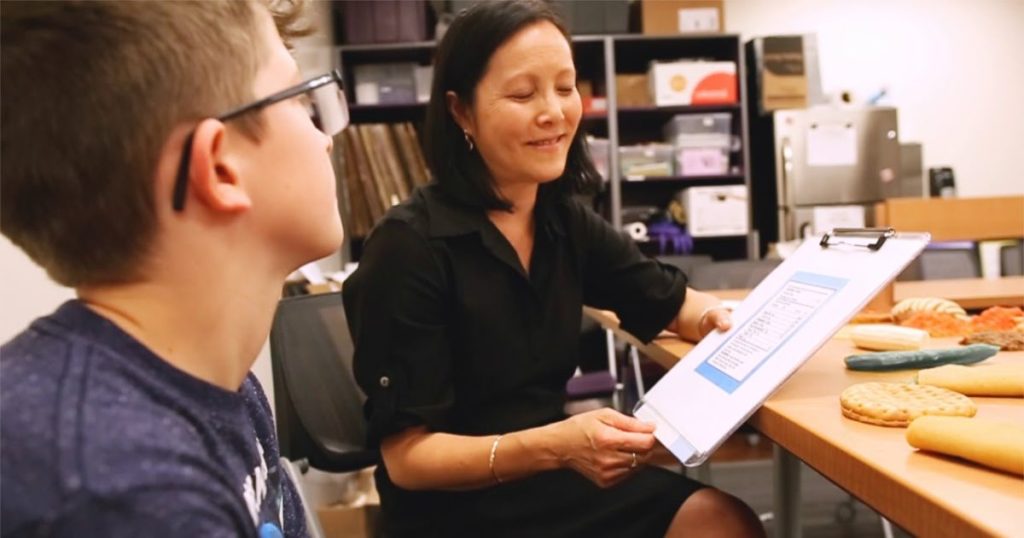Health literacy can boost productivity by enabling individuals to better understand and manage their health. When people can navigate healthcare systems, follow medical advice, and make informed decisions.
In today’s fast-paced world, everyone is striving to be more productive and efficient. But what if I told you that one key to unlocking How Can Health Literacy Help People Become More Productive? Health literacy isn’t just about understanding medical jargon; it’s a powerful tool that can transform your life. Imagine being able to navigate the healthcare system effortlessly, make informed decisions about your well-being, and stay healthy, reducing sick days and boosting your energy.
Health literacy enhances productivity by empowering individuals to make informed health choices and manage their well-being effectively. When people can understand medical information, follow treatment plans, and engage in preventive measures. They experience fewer health-related setbacks, reducing absenteeism from work or daily activities.
What is Health Literacy?
Health literacy means understanding how to take care of your body and stay healthy. It’s like learning how to read and understand your body’s needs. When you’re health literate, you can make good choices about what to eat, how to exercise, and when to see a doctor. It’s super important because it helps you stay well and avoid getting sick.
People with high health literacy can read and understand health information, like medicine labels or instructions from their doctor. They can also talk to their doctor and ask questions when they don’t understand something. Being health literate makes you more in control of your own health.
The Impact of Health Literacy on Personal Health
Knowing how to read labels on medicine bottles, understand doctors’ advice, and make good choices about our health can make a big difference in our lives. People with good health literacy are likelier to eat well, take medicines correctly, and make healthy choices. This can lead to fewer health problems and a better quality of life. But it can be like getting lost on a journey if we don’t understand health information.
How to Improve Health Literacy?
Improving health literacy is important. Start by reading health articles and websites written in simple language. When you come across a new word, look it up. Talking to your doctor and asking questions is also a great way to learn. Regular exercise and healthy eating also help your body and mind stay strong. Sometimes, using pictures or videos is easier to understand health.
The Connection between Health Literacy and Productivity

Understanding how being healthy and knowing about your health connects to how well you work is important. This is called health literacy. Knowing how to care for your body and prevent sickness makes you more likely to stay productive. For example, if you eat nutritious food and exercise regularly, you’ll have more energy and can focus better on your tasks.
You can recover from illnesses faster when you understand how to read medicine labels and follow your doctor’s advice. Good health also means fewer sick days from school or work, which helps you stay on track with your studies and job. When you’re healthy, you can do more and feel better.
Health Literacy and Healthcare Navigation
Health and finding the right healthcare can be tricky sometimes. This is where health literacy and healthcare navigation come in. Health literacy means understanding health information and making good choices for your well-being. Healthcare navigation helps you find doctors, clinics, and information about your health. Start by learning about common health terms and conditions to boost your health literacy.
Knowing what things like ‘vaccination’ or ‘diabetes’ mean can be helpful. Also, don’t hesitate to ask questions when visiting the doctor. When it comes to healthcare navigation, the internet can be your friend. Use reliable websites to research your health concerns. But always double-check with a healthcare professional because only some things online are accurate.
Which of the following is an example of negative peer pressure?
Negative peer pressure can also show up when your friends tease or bully someone, and they want you to join in. Remember, it’s okay to say no and stand up for what you believe in, even if your friends are pressuring you. It’s important to choose friends who support and respect your choices. If you ever feel unsure or uncomfortable about something your friends are pushing you to do, it’s a good idea to talk to a trusted adult, like a parent or teacher. They can help you make the right choices for yourself.
Conclusion
In conclusion, understanding health information and making wise choices about our well-being is super important. When we know how to take care of ourselves, we stay healthy and strong. This means fewer sick days and more energy to do the things we love, like school, work, or spending time with family and friends.
So, remember, health literacy isn’t just about knowing doctor words; it’s about making smart decisions that keep us feeling good and active. When we’re healthy, we can be more productive in everything we do, from studying to working and enjoying life. So, let’s keep learning about our health – it’s the key to a more productive and happier future.





